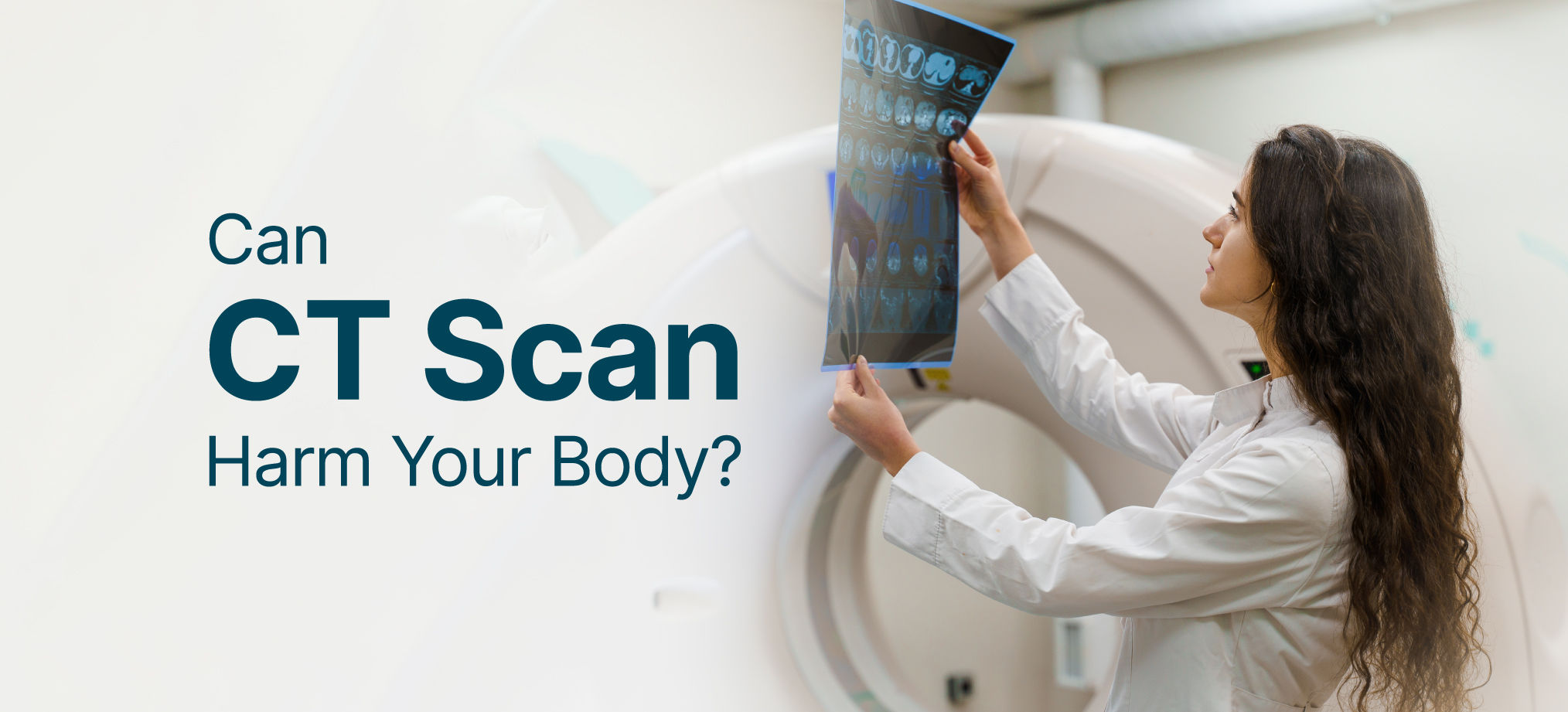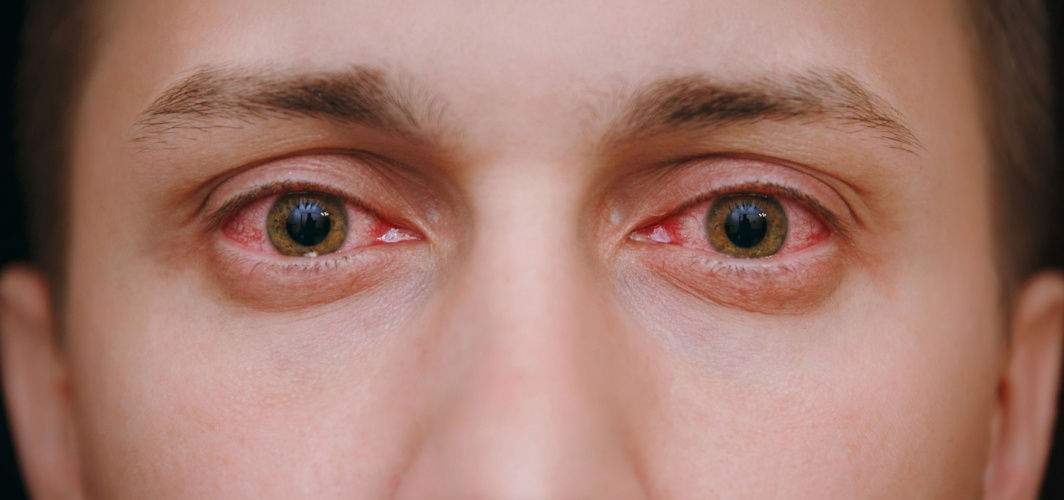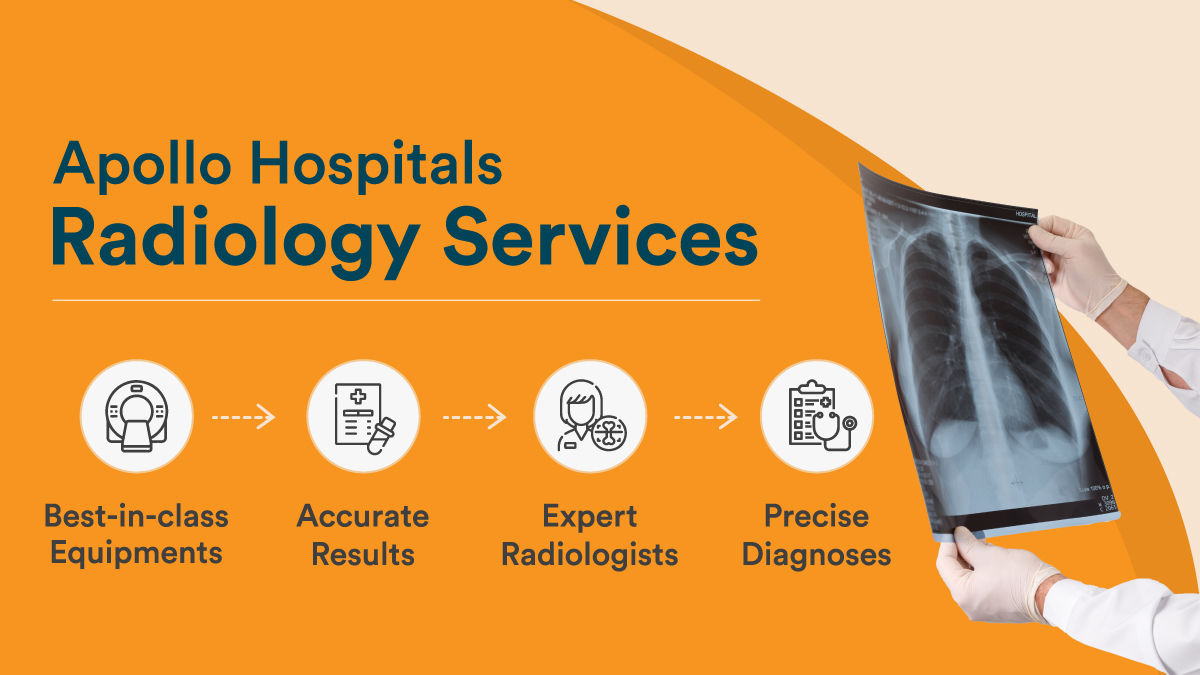General Health
For How Long Does Radiation Stay In Your Body After A CT Scan?
5 min read
By Apollo 24|7, Published on - 09 August 2023, Updated on - 12 September 2023
Share this article
0
0 like

Computed tomography (CT) scans or CAT scans are valuable medical tools for diagnosing various health issues. By using low-intensity X-rays, CT scans produce detailed 3-D images of internal organs, aiding doctors in both diagnosis and treatment monitoring. X-rays possess enough energy to pass through the body, creating images as they interact differently with bones, organs, and tissues. Despite the evident advantages of CT scans, doubts regarding the safety of this imaging technique remain persistent. Let’s find answers to common questions about radiation risks associated with CT scans.
How Much Radiation Exposure Does a CT Scan Cause?
Different tissues have different sensitivities to radiation, which affects how they absorb radiation during CT scans. For instance, the amount of absorbed radiation differs between abdominal CT scans and head CT scans. Common CT scan types and their corresponding absorbed radiation quantities are as follows:
- Belly and Pelvis: 7.7 mSv
- Brain: 1.6 mSv
- Colonography: 6 mSv
- Spine: 8.8 mSv
- Lung Cancer Screening: 1.5 mSv
- Chest: 7 mSv
- Cardiac (for calcium scoring): 1.7 mSv
- Coronary Angiography (CTA): 8.7 mSv
- Screening Digital Mammography: 0.21 mSv
Risk of Radiation Exposure Due to CT Scans
The good news is that in the case of a CT scan, no radiation remains in your body, not even for a short time. While it's true that prolonged and uncontrolled exposure to radiation can pose significant health risks, it's important to note that in certain cases, controlled and minimal doses of radiation are actually essential for your overall well-being.
The primary concern with radiation is its potential for ionisation, which is a process that can damage DNA and, in some cases, lead to the development of cancer. However, instances of such severe effects are largely observed in survivors of atomic bomb detonations, nuclear accidents, and early x-ray procedures where a substantial amount of radiation was absorbed in a relatively short period of time.
How Safe is a CT Scan?
When it comes to medical imaging, particularly procedures like CT scans, the amount of radiation you are exposed to is carefully controlled and kept at a very low level. For the majority of people, undergoing a CT scan does not significantly elevate the risk of developing cancer. In most cases, the risk associated with not having a CT exam to diagnose a potential health issue is much greater than the small exposure to radiation from the exam itself.
Given the essential role these images play in diagnosing and managing health conditions, the substantial benefits of necessary radiation exposure tend to significantly outweigh any slight associated risk.
However, there are certain situations that require extra caution, such as:
- Children, for instance, are more sensitive to the effects of radiation due to their developing bodies, and any potential effects have more time to manifest over their lifetime.
- Some individuals may require repeated CT scans as part of their health management strategy, such as those dealing with Crohn's disease or kidney stones. While there isn't a strict limit on the number of CT scans one can safely undergo, it's important to acknowledge that the risk of cancer does increase with the number of CT sessions a person undergoes.
What can be Done to Manage the Risk?
If you are apprehensive about the potential radiation exposure associated with CT scans it's advisable to talk to your healthcare provider. Measures that can be taken include:
- Inquire about the necessity of the test and its suitability for your specific case.
- Understanding the expected outcomes of the test for both you and your healthcare provider is crucial.
- Consider discussing the feasibility of alternative techniques, such as lower-dose X-rays or radiation-free options like ultrasound or MRI.
- If you do require a CT scan, then it's worthwhile to inquire about potential measures to shield parts of your body that aren't directly involved in the imaging process. For instance, protective lead aprons can safeguard your chest or abdomen from unnecessary radiation, while a lead collar can protect your thyroid gland.
- Maintaining a record of your medical imaging history can prove valuable, allowing you to keep track of the tests you've undergone and share this information with your healthcare providers. This proactive approach can help prevent redundant tests from being ordered.
- For individuals undergoing regular CT scans as part of managing chronic conditions, it's advisable to discuss the possibility of extending the intervals between scans with your clinician.
To book your test scans, Click Here
FAQs
Q. Is there a safe limit for the number of CT scans a person can take?
No, there is no set limit. For medically necessary scans, the benefits far outweigh the risk of potential radiation exposure. However, it’s a good idea to keep the number of CT scans as low as possible.
Q. How much does extra radiation exposure increase an individual’s cancer risk?
The extent of radiation exposure depends on variables such as the specific test performed, the area of the body subjected to radiation, the individual's body dimensions, age, and gender. Radiation specialists maintain that even if imaging tests do marginally heighten the potential for cancer, any resulting escalation in risk is anticipated to be minimal.
Q. What are some radiation-free imaging tests that can be done instead?
In cases where it’s possible, it’s a good idea to ask your doctor if you can get a radiation-free imaging test like an ultrasound or an MRI instead of a CT scan.
Q. Which imaging tests use radiation?
Besides CT scans, some of the other imaging tests that use radiation include X-rays, mammograms, PET scans, fluoroscopy, and nuclear imaging exams.
Q. Who shouldn’t get a CT scan?
When possible, it’s advisable for children and pregnant women to avoid getting CT scans and opt for radiation-free imaging tests instead.
General Health
Consult Top Radiologists
View AllLeave Comment
Recommended for you

General Health
Want To Make Your Date A Healthy Affair? How About Some Red Wine!
Red wine might help in improving heart and liver health and reduce the risks of dementia and depression. But there is a catch that you need to know.

General Health
Eye Flu: Causes, Symptoms, Treatment, Prevention
Eye flu, medically called conjunctivitis, is an infection affecting the conjunctiva of the eye. Know the causes, symptoms and treatment of eye flu in this blog.

General Health
Can Aptivate Syrup Help Boost Your Appetite?
Aptivate Syrup is a powerful solution for individuals who struggle with poor appetite and weight loss. It works by increasing appetite, providing nutritional support and an enhanced metabolism.
Subscribe
Sign up for our free Health Library Daily Newsletter
Get doctor-approved health tips, news, and more.
Visual Stories

The Best Exercises for Controlling Blood Sugar Levels
Tap to continue exploring
Recommended for you

General Health
Want To Make Your Date A Healthy Affair? How About Some Red Wine!
Red wine might help in improving heart and liver health and reduce the risks of dementia and depression. But there is a catch that you need to know.

General Health
Eye Flu: Causes, Symptoms, Treatment, Prevention
Eye flu, medically called conjunctivitis, is an infection affecting the conjunctiva of the eye. Know the causes, symptoms and treatment of eye flu in this blog.

General Health
Can Aptivate Syrup Help Boost Your Appetite?
Aptivate Syrup is a powerful solution for individuals who struggle with poor appetite and weight loss. It works by increasing appetite, providing nutritional support and an enhanced metabolism.

